News
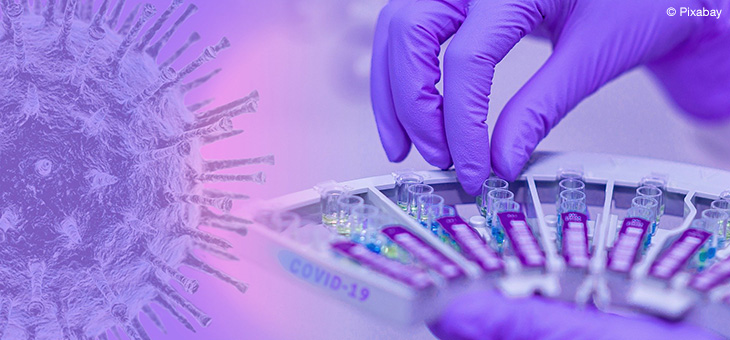
New Study Shows how to Improve Public’s COVID19 Health-Preserving Attitudes
The outbreak of COVID-19 caused governments and researchers around the globe to follow two main routes in order to address the crisis and reduce effective reproduction numbers of the virus: (1) impose restrictions, closures and emergency regulations, and (2) search for a vaccine and effective medication.A new study, in which Prof. Dr. Sebastian Goerg, Professor for Economics at the Straubing Campus for Biotechnology and Sustainability and a researcher at the Technical University of Munich was involved, follows a third route that focuses on individuals’ attitudes and the development of health promoting motivations of the public.
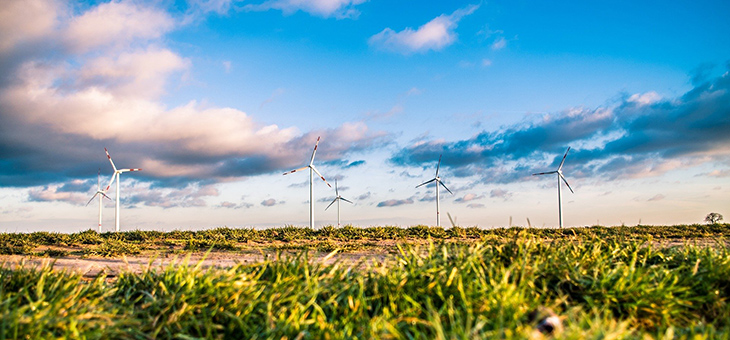
ARPA-type funding gives green technology an ‘innovation advantage’, study finds
A new analysis of the successes and failures of green energy companies in the US has found that those with ARPA funding filed for far more patents in the years after launching than other “cleantech” startups from the same time.
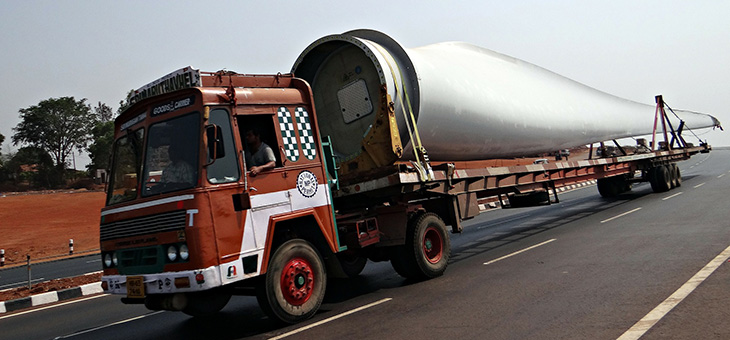
Wind energy analysis has new implications for manufacturing, supply chain, and industrial policy
A new study published today in Nature Energy, Effects of technology complexity on the emergence and evolution of wind industry manufacturing locations along global value chains, examines the relationship between characteristics of wind turbine technology and the manufacturing location for various components of the turbine—from high-complexity components, such as blades and gearboxes, to low-complexity components, such as towers and generators.
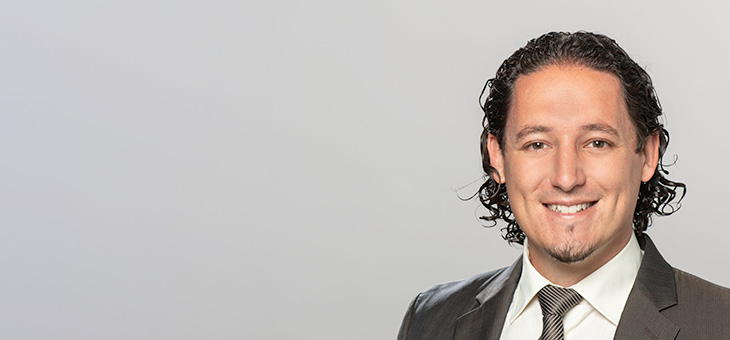
Prof Costa: Cheers to 25 Years of Light-Emitting Electrochemical Cells
Prof Rubén Costa, head of the chair Biogenic Functional Materials at TUM Campus Straubing, is editor of the special issue in Advanced Functional Materials to celebrate the 25th year of the LEC technology.
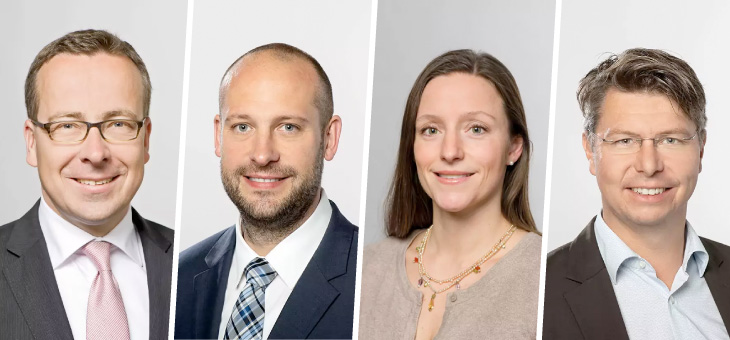
A Digital Summer Semester 2020 – New Formats and Innovative Tools
Students at the TUM School of Management have coped quite well with the switch to digital learning formats for this past summer semester. How about our professors? How have they adapted to online teaching? What particular challenges came with the transition to online tools, and how did their lectures differ from their regular lectures on-site? We asked some of our professors at TUM School of Management.
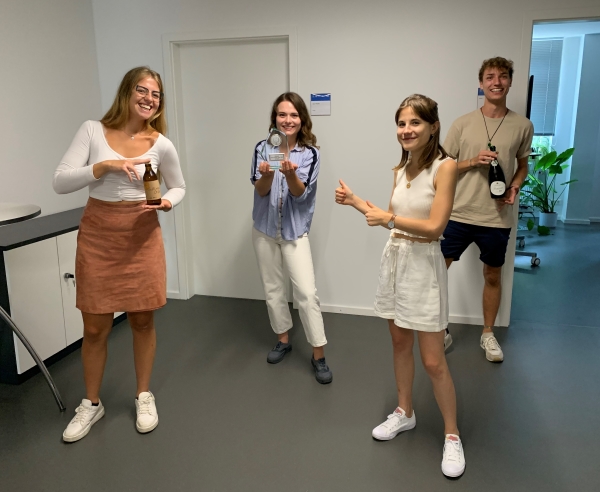
Team “Saftladen” takes win in this semester’s digital Supply Chain Business Game
After six rounds of this year’s Supply Chain Business Game, the 2020 champion was decided. Team “Saftladen”, consisting of Magdalena Huber, Polina Ivanova, Emilia Wengorz und Enrico Kaschak finished with the highest ROI of 10.89 and lead their own Orange Juice Production Company to a successful operational turnaround.
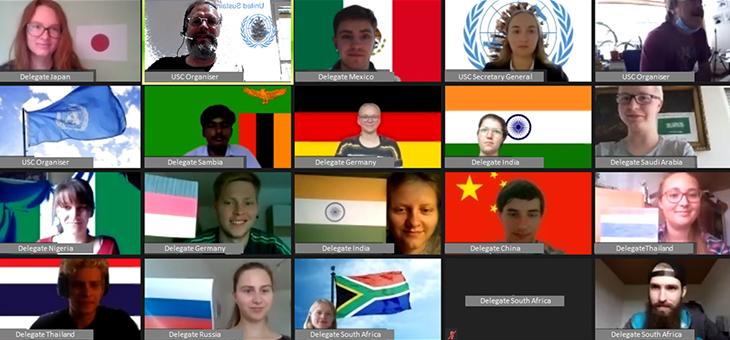
Following the UN model: United Sustainability Council meets in Straubing
How can we succeed in realising a global sustainability strategy that will protect life on our planet? Anyone dealing with this topic must develop an understanding for the situation of other people and cultures and their respective problems. Young people and young scientists can learn this empathy, for example, in simulations that deal with the work of the United Nations (UN).

Prof. Costa selected as Numerary Member of the Young Academy Spain
The Global Young Academy consists of 200 young academic leaders between 30 to 40 years old and involves more than 40 National Young Academies spread all around the world. The Global Young Academy is devoted to provide a voice to young scientists over the six continents, playing a key role in international, interdisciplinary, and inter-generational actions that provide a global impact on the development of our society.
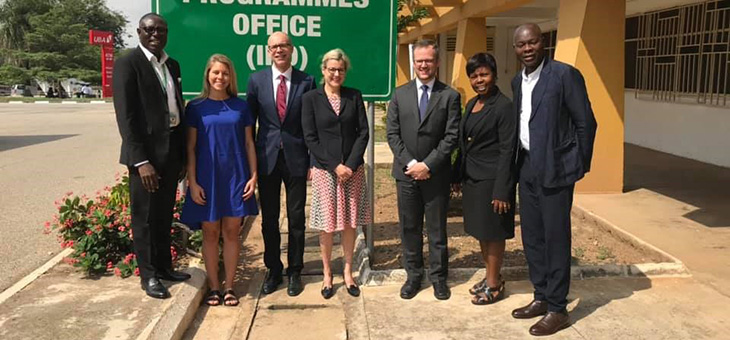
Sustainable e-waste management: Successful cooperation of TUM and Ghanaian university
After a long-time cooperation in the future-oriented areas of water and energy research, environment, mobility and global health, KNUST and Technical University of Munich (TUM) entered a sustainable and strategic partnership at the end of 2018.
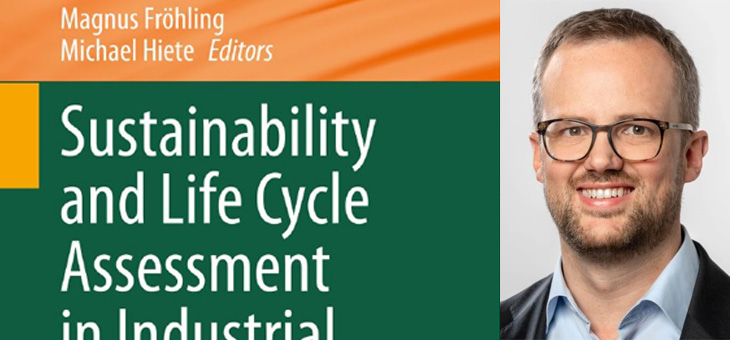
Developing sustainable solutions
The book provides an up-to-date overview of the challenges faced in the assessment of this field, the current state of research and practice as well as possible future developments.
